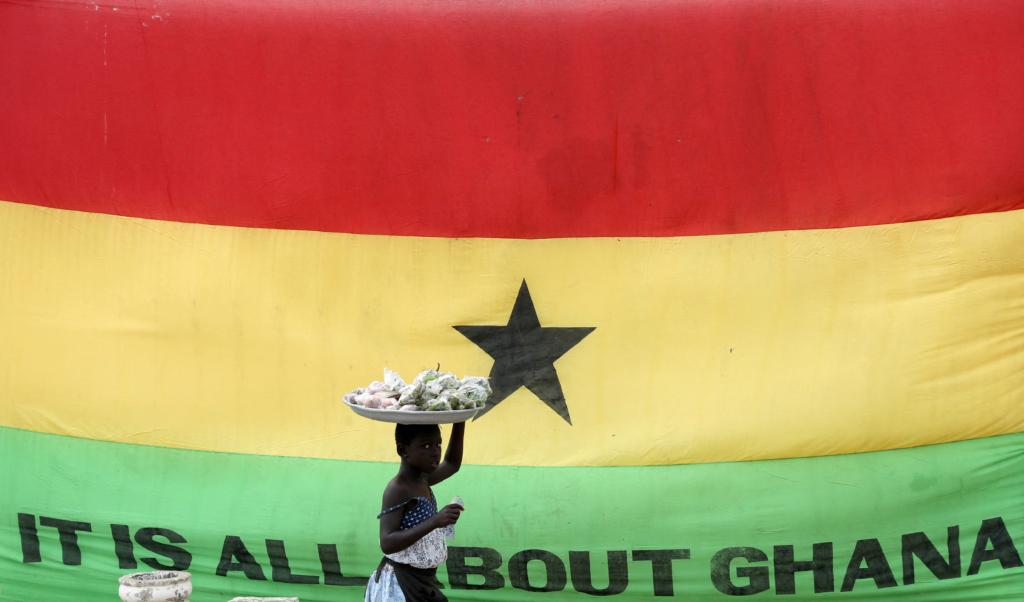Cedi appreciation to slash Ghana’s debt stock by 10% ahead of MPC meeting – JoyNews Research – Nsemkeka
Ghana’s public debt stock could see a significant decline of about 10% due to the rapid appreciation of the cedi, according to fresh estimates by JoyNews Research.
Since the beginning of 2025, the Ghana cedi has surged in value, gaining approximately 21.5% against the US dollar, making it the fastest-appreciating currency globally since April 2025, according to Bloomberg.
An analysis by JoyNews Research shows this rally is poised to ease the country’s external debt burden, resulting in a 10% reduction in the current GHS726.7 billion debt burden.
“The current appreciation of the cedi is expected to reduce the external component of Ghana’s debt stock by some GHS74 billion, which could translate into an overall debt reduction of about 10%,” Isaac Kofi Agyei, Lead Analyst at JoyNews, explained.
This development marks a reversal of past trends. In 2022, the cedi’s sharp depreciation added GHS93 billion to the national debt.
“For us at the Ministry of Finance, the depreciation of the cedi seriously affects our ability to effectively manage our debt. Indeed, our stock of debt has increased by GHc93 billion this year alone due to the depreciation of the cedi since the beginning of 2022,” former Finance Minister, Ken Ofori-Atta, disclosed while presenting the 2023 budget to parliament in November 2023.
Several domestic and global factors have converged to support the Cedi’s performance.
Internationally, the weakening of dollar dominance—particularly among BRICS nations and some African economies—has contributed to the shift. Countries are increasingly turning to alternative currencies for oil, commodities, and intra-regional trade, especially in response to protectionist policies and tariffs from the Trump administration era.
This global trade realignment and gradual de-dollarization are providing much-needed breathing space for emerging market currencies like the cedi.
On the domestic front, the Bank of Ghana has been proactive. The central bank has strategically injected dollars into the market, especially through foreign exchange support to Bulk Oil Distributors (BDCs), to ease the pressure from petroleum imports.
In contrast to previous election-year patterns, the current administration led by President Mahama has avoided excessive fiscal spending during its first months in office. This restraint has helped curb cedi liquidity, thereby dampening inflationary pressures and stabilizing forex demand.
Furthermore, Ghana’s $3 billion IMF programme has played a vital role in restoring investor confidence. The programme’s strict conditions—ranging from fiscal discipline to structural reforms—have reassured markets about the country’s economic path.
Ghana’s gross international reserves have also seen a remarkable boost, rising from $6.1 billion in early 2024 to over $9.3 billion in the second month of 2025. This has strengthened the central bank’s ability to defend the cedi and deter speculative attacks.
Despite falling oil revenues, gold exports have surged, hitting $2.3 billion in just the first two months of 2025, up from $1.4 billion over the same period in 2024. Similarly, cocoa export earnings more than doubled, rising from $369 million to $836 million between February 2024 and February 2025.
Under the IMF programme, Ghana has also secured debt moratoriums and haircuts, significantly reducing both domestic and external debt servicing costs. These arrangements, combined with the cedi’s appreciation, are expected to create more fiscal space ahead of tomorrow’s Monetary Policy Committee (MPC) meeting.
The upcoming Monetary Policy Committee meeting’s decision will be closely watched for its response to these favourable macroeconomic trends, which analysts believe could influence interest rate direction and inflation expectations in the second half of the year.

